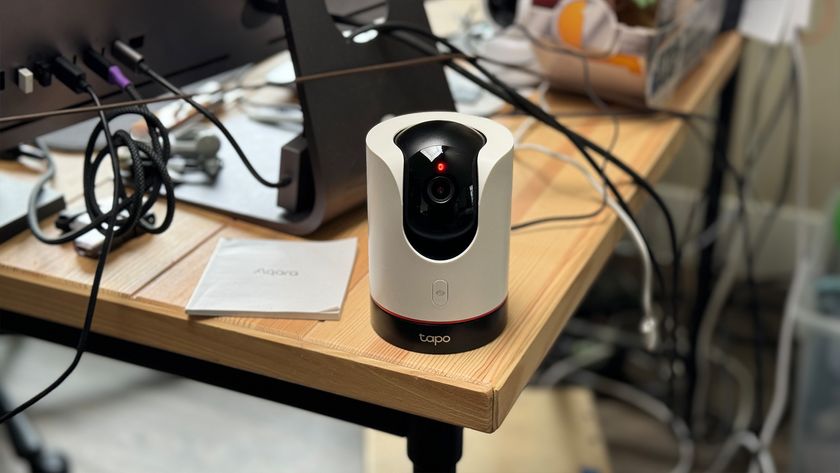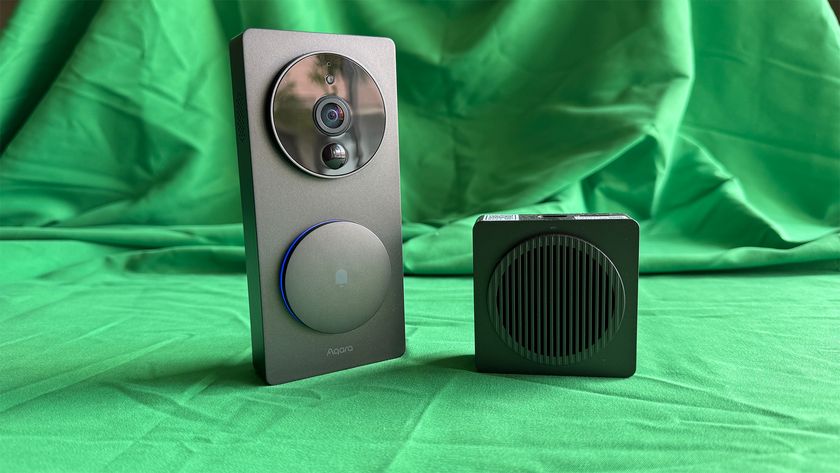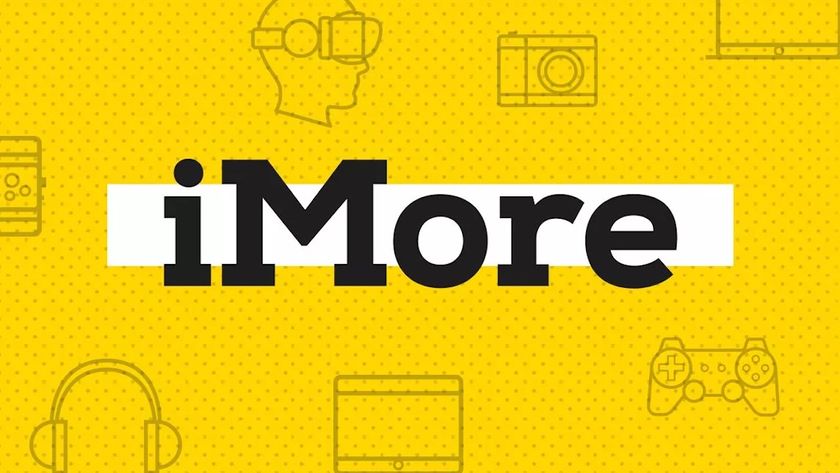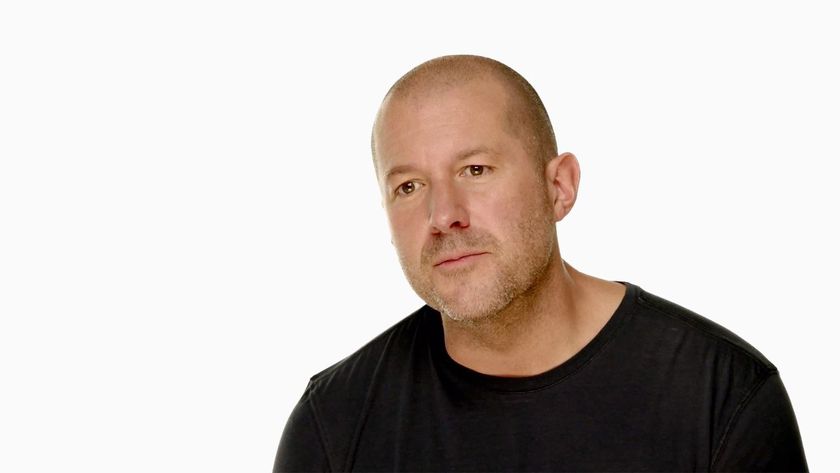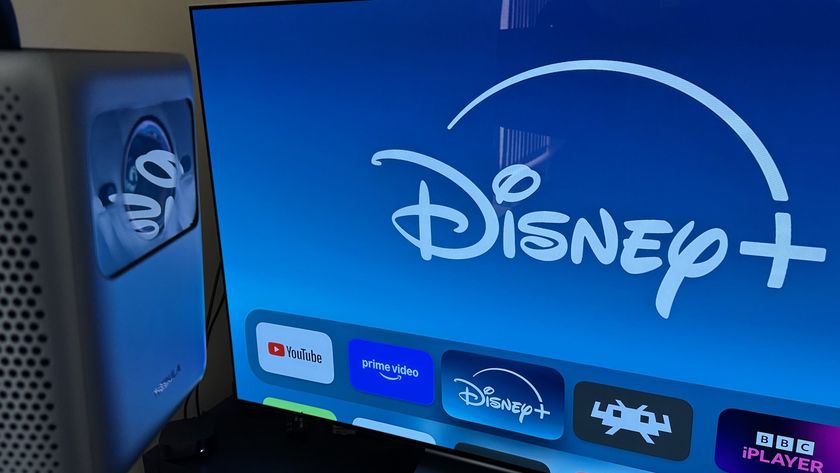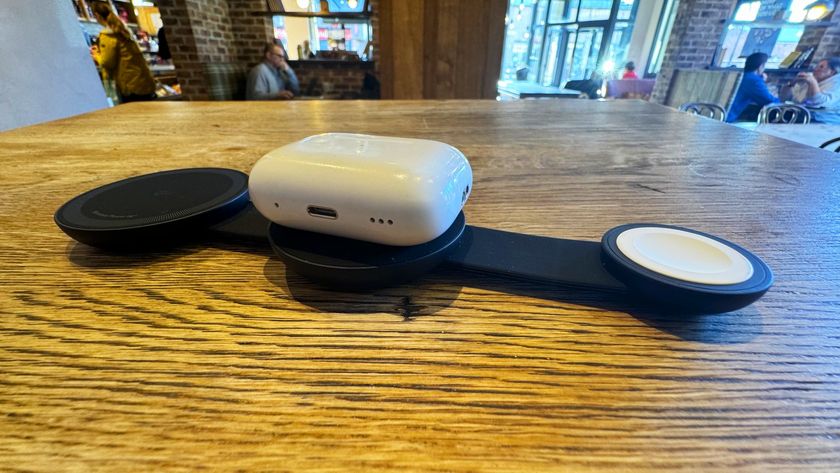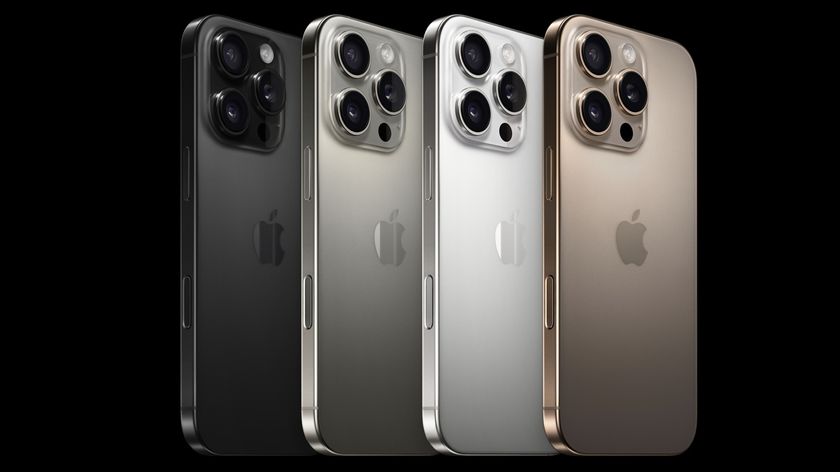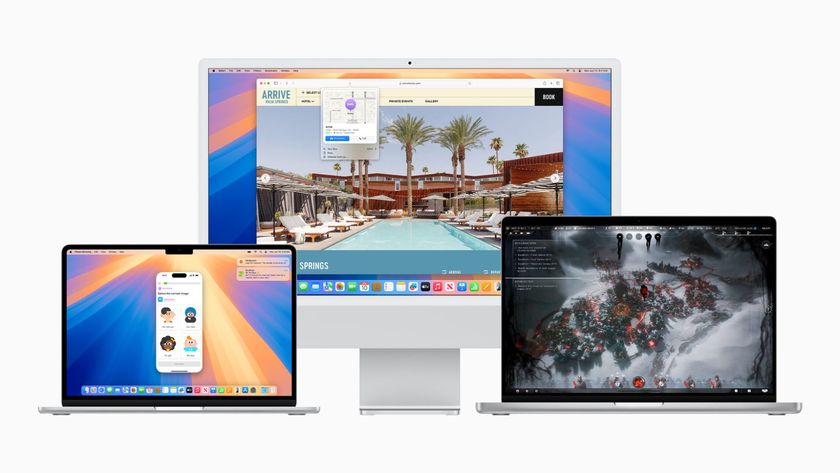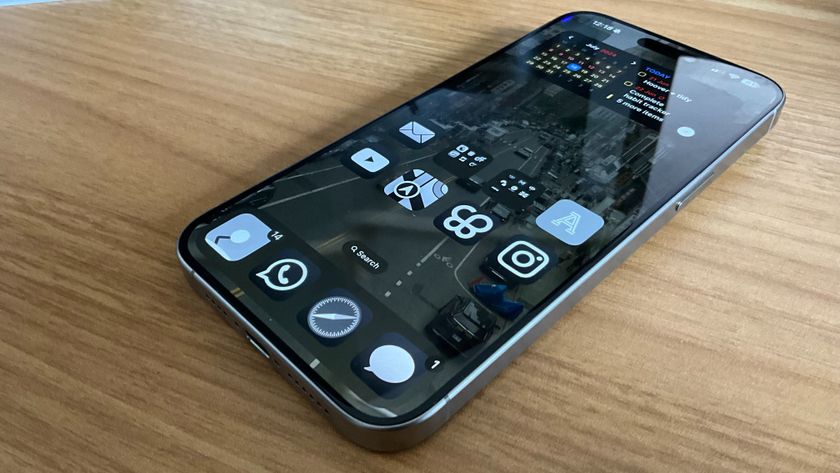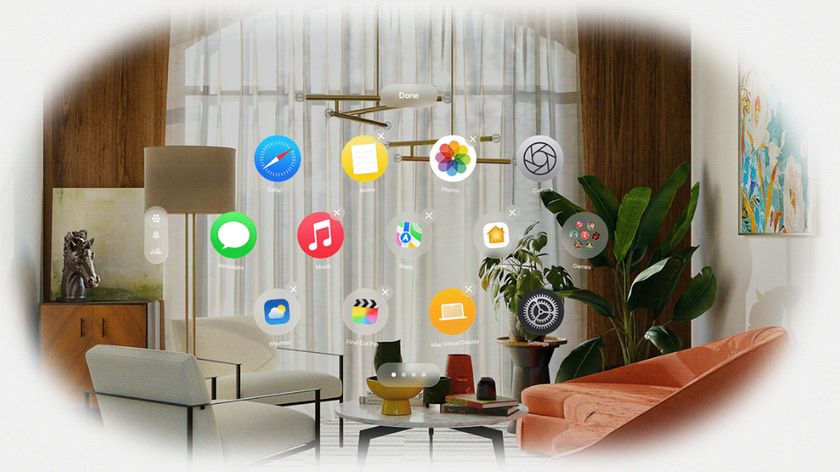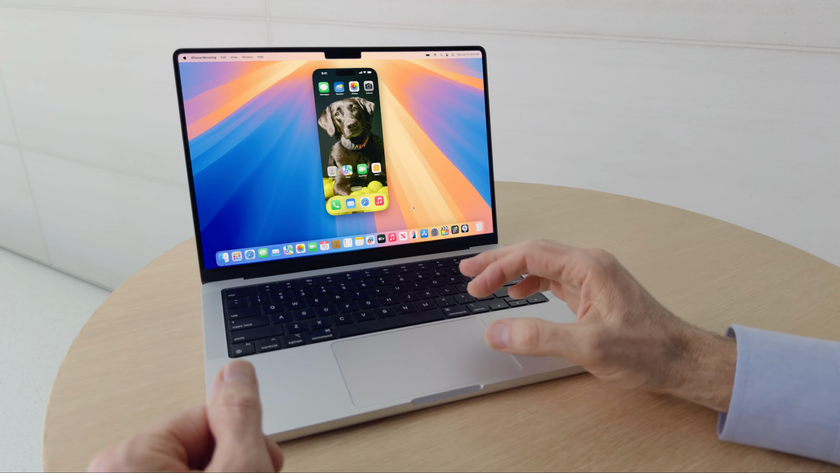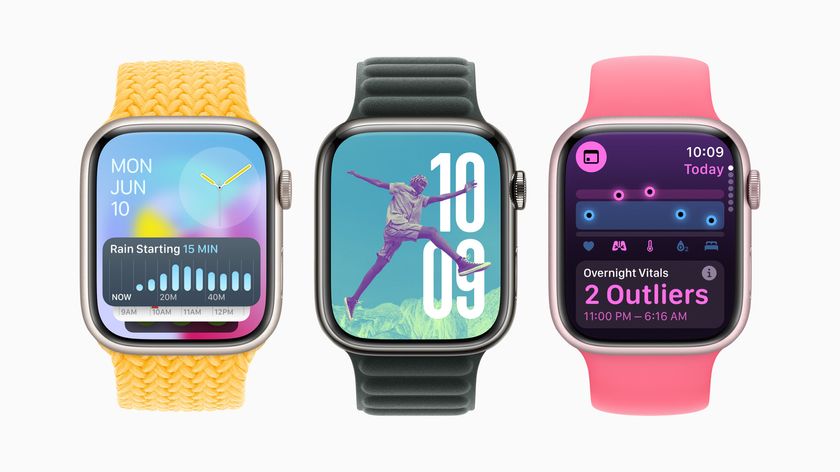HomeKit promises to clean up the mess of home automation
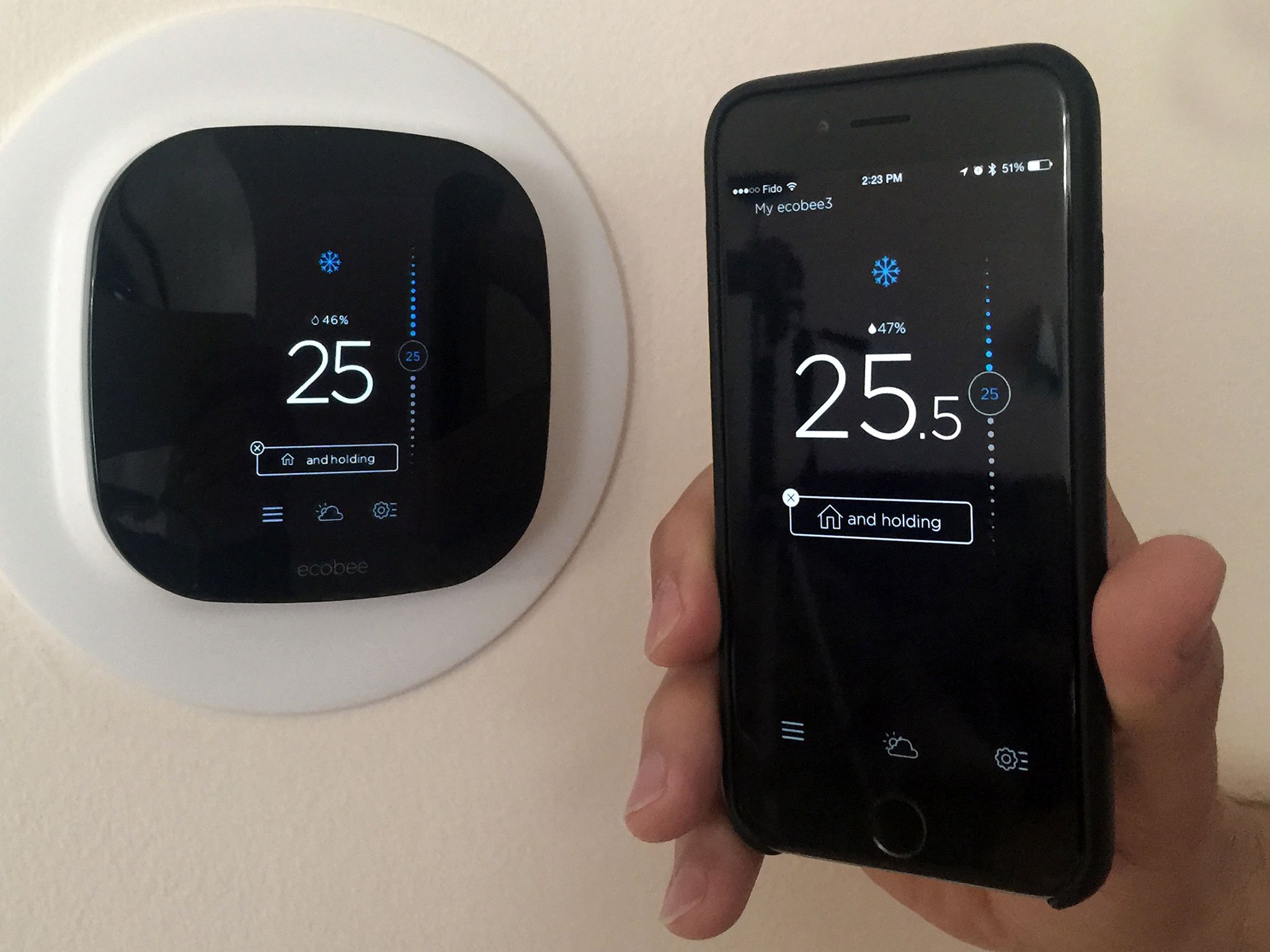
There's an article in Fortune today that talks about the transition to HomeKit, Apple's home automation framework, and the hardware upgrades it necessitates. Unfortunately, instead of trying to inform people about what's happening and why, so they can make better buying decisions, the article sensationalizes it. And that hurts the reader.
So, what's really happening?
The article tries to say HomeKit is a "mess" because of the hardware requirements. The truth is, home automation is a mess, and HomeKit's hardware requirements are an attempt to clean it up.
Until now, there were no security requirements, no way to ensure the consistency or reliability of connections, and no unified interface for controlling all your devices throughout your home.
HomeKit provides for all that. There's end-to-end encryption so that no one can use a bridge or hub to attack your home network, and that any passwords that get transmitted through HomeKit remain secure. There's also a consistent way to communicate, so even if every accessory you have is from a different manufacturer, they can all still work together consistently and reliably. And there's Siri, Apple's personal virtual assistant, which lets you control everything in your house in a unified way, using only the power of your voice.
To do all that, however, to make the connections and control encrypted and ensured between a wide range of different devices from different manufacturers — HomeKit needs compatibility at the hardware level.
And for early adopters, if we want HomeKit, that means new bridges or hubs. Not new lightbulbs or speakers or anything else. Just new hubs. And I say, "if" because no one is being forced to upgrade or use HomeKit, and no one is going around smashing hubs and bridges that don't use it. It's entirely optional. The only reason to upgrade is if the functionality is truly important to you, and then it's worth the upgrade.
Master your iPhone in minutes
iMore offers spot-on advice and guidance from our team of experts, with decades of Apple device experience to lean on. Learn more with iMore!
I know that because I'm an early adopter, so I've been using home automation for a while already. I have a Philips Hue bridge and well over a dozen bulbs. I have SONOS and a half-dozen speakers. I also have a few other components.
Right now, it's absolutely true that none of them work together. I need separate apps to control each and every one, there's no unified interface for my home, and the security is nebulous or non-existent.
The lack of security led to some of my colleagues to warn me I was sacrificing the integrity of my network by using it. The lack of consistency meant I'd sometimes plug in a new device, and my network would stop working until I painfully adjusted router channel settings. The lack of a convenient, unified interface led to some of my friends wondering out loud why I even bothered with it.
I've was okay, though, because such is life for an early adopter. And, frankly, there was no alternative. Nothing better had hit the market.
Now something has.
With HomeKit, I still have separate apps but I can group them and the accessories they manage together into homes, rooms, scenes, actions, triggers, and more. What was once disparate and difficult is now much easier and more coherent. Siri is a great way to unify the controls, and I really value the reliability and security of the connection.
Just like updating from the original iPhone to the iPhone 3G gave people GPS, and updating from the iPhone 5s to the iPhone 6 (or getting an Apple Watch) gave people Apple Pay, updating to new hubs or bridges gives people HomeKit.
And as a consumer, I appreciate that ecobee and other vendors are giving me HomeKit now rather than making me wait just so they can eke out sales of the non-HomeKit hardware. I also appreciate that Those who don't want to buy new hardware now can simply choose to wait until they do.
It's as simple — and not-sensational — as that.
As for me, I'll be upgrading as soon as the components become available because the benefits are worth it to me. And I want HomeKit to help clean up the very real home automation mess.

Rene Ritchie is one of the most respected Apple analysts in the business, reaching a combined audience of over 40 million readers a month. His YouTube channel, Vector, has over 90 thousand subscribers and 14 million views and his podcasts, including Debug, have been downloaded over 20 million times. He also regularly co-hosts MacBreak Weekly for the TWiT network and co-hosted CES Live! and Talk Mobile. Based in Montreal, Rene is a former director of product marketing, web developer, and graphic designer. He's authored several books and appeared on numerous television and radio segments to discuss Apple and the technology industry. When not working, he likes to cook, grapple, and spend time with his friends and family.
